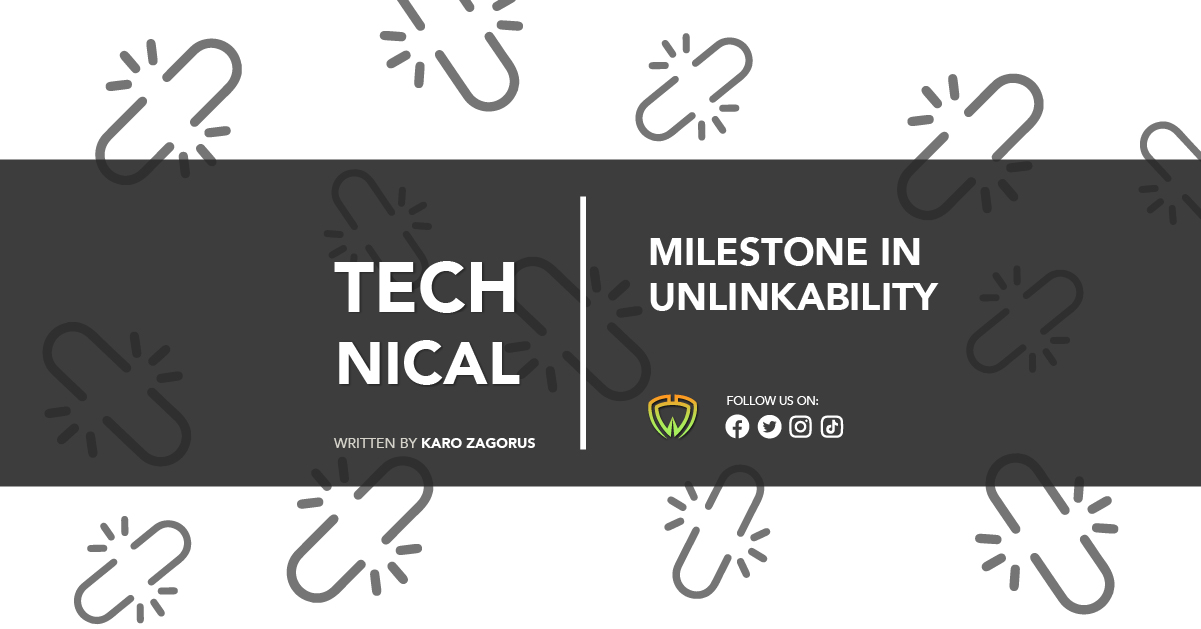Have you met friends or fellow bitcoin users who wanted to participate in a coinjoin transaction but didn’t because of the fees? Read how our many fee exemption features can apply to them so they never have to pay Wasabi coinjoin coordinator fees.
In this article, we’ll explain how Wasabi coinjoin fees work, how it differs from Wasabi Wallet 1 with Free Remixing, what Friends don’t pay means, the importance of accessibility in coinjoin transactions, what Plebs don’t pay means, why mining fees are never waived, and finally how to minimize mining fees in a high-fee environment.
Basic Explainer of Wasabi Coinjoin Fees
There are two types of fees in a coinjoin transaction: coordinator fees and network mining fees.
As with all bitcoin on-chain transactions, there’s a network mining fee proportional to the amount of space your inputs and outputs consume. This is also true for Wasabi coinjoin transactions; you pay for the space you use. For example, if you have two P2WPKH inputs and two P2WPKH outputs, your transaction size is 209 virtual bytes. If the fees are 50 sats / vbyte, you will pay 10450 sats in mining fees.
In a coinjoin transaction, a coordinator (default is zkSNACKs) takes care of the complex communication between all the participants and receives a fee for the hefty task. This allows users to gain privacy. This fee is 0.3% of the total bitcoin you bring to a coinjoin round, so if you bring 3,000,000 sats (0.03 BTC), you will pay 9000 sats in coordinator fees.
Unlike Wasabi Wallet 1.0, where you paid coordinator fees on every transaction, since the 2.0 release you pay upfront on your first coinjoin transaction and then enjoy free remixing.
Pay Coordinator Fees Upfront: Free Remixing
It doesn’t matter if you participate in 1 or 100 coinjoin transactions with the same bitcoin, you will only pay coordinator fees for the first one. This allows you to enjoy additional privacy at a massively reduced cost.
How is this possible?
Whenever you join a coinjoin round, the coordinator can detect that your UTXOs (unspent transaction outputs) are from a previous Wasabi coinjoin, and therefore waives the coordinator fees for those coins.
But what if the ownership of coins changes hands between two coinjoin transactions? Would the same apply? Yes, and this is what we call Friends don’t pay.
Friends Don’t Pay
The “Friends Don’t Pay” feature allows users to coinjoin as many times as they want for as long as they want at no additional cost other than the mining fee.
This is great for liquidity as users are incentivized to coinjoin many times to improve their own privacy, making coinjoins better, faster and stronger for everyone! Anyone can coinjoin multiple times for 0% coordinator fees.
Just send some previously coinjoined bitcoin to your friends and family members and watch them enjoy the benefits of acquiring privacy without having to pay coordinator fees. That must feel pretty awesome.
But wait, there’s another way to avoid paying the coordinator fees.
The Importance of Accessibility in Coinjoin Transactions
Before we get into the Plebs don’t pay feature, we want to reiterate our commitment to the accessibility of coinjoin transactions. We’re always working to improve on this front, whether it’s making the software more performant for low-bandwidth users as we did with the 2.0.4 release, or by adding the “Buy Anything Button” to allow you to purchase literally anything with your coinjoined bitcoin.
The most important way to improve accessibility is to lower fees, and we’re doing that with Plebs Don’t pay.
Plebs Don’t Pay
If you participate in a coinjoin transaction with less than 1,000,000 sats (0.01 BTC), you will never pay any coordinator fees. Not a single sat.
Wasabi is the only coinjoin protocol that waives coinjoin coordinator fees for users with small amounts of bitcoin, often referred to as the bitcoin plebs in various bitcoin community channels.
I know what you’re thinking, you’re almost convinced to coinjoin, but the high network mining fee environment makes you doubt. Yes, you will pay zero in coordinator fees but you will end up paying more in mining fees.
Well, read on to learn why mining fees are crucial and shouldn’t be waived, and how to minimize your coinjoin transaction mining fees.
Why Mining Fees Should Never Be Waived
By enforcing mining fees for all coinjoin participants, we ensure an economic cost for everyone and collapse the opportunity for sybil attackers.
What is a Sybil attack?
The U.S. National Institute of Standards and Technology defines it as: “A cybersecurity attack wherein an attacker creates multiple accounts and pretends to be many persons at once.”
Coinjoins work because many participants join together to form collaborative bitcoin transactions. The privacy gain is strictly correlated to the diversity of participants, and a Sybil attack in this context means that an attacker can fool others into believing that they are many different people, when in fact they’re only one.
This could theoretically be taken to the point where you think you’re with dozens of participants, when in fact you’re with only one attacker. This could easily compromise your privacy.
By never waiving network mining fees, we ensure that Sybil attacks have a cost that will deter potential malicious attackers.
Now for something practical…
How to Minimize Mining Fees
When you set up a wallet on Wasabi, you will be asked to choose a coinjoin strategy between Minimize Costs, Maximize Speed, and Maximize Privacy. The first two strategies aim for an anonymity level of 5, and the last one is a random number between 50 and 100. You can also customize the parameters.
The Minimize Costs strategy will ensure that you only participate in coinjoins that take place at times of the week when there’s less pressure on the network mining fee market, so you can minimize the fees you pay.
You can change coinjoin strategies at any time in your coinjoin settings.
Conclusion
The next time a friend wants to coinjoin but is hesitant because of the fees involved, be sure to point them to this blog article so they can understand the many ways they can pay zero coordinator fees and minimize their mining fees.
No doubt he’ll be grateful to you!



